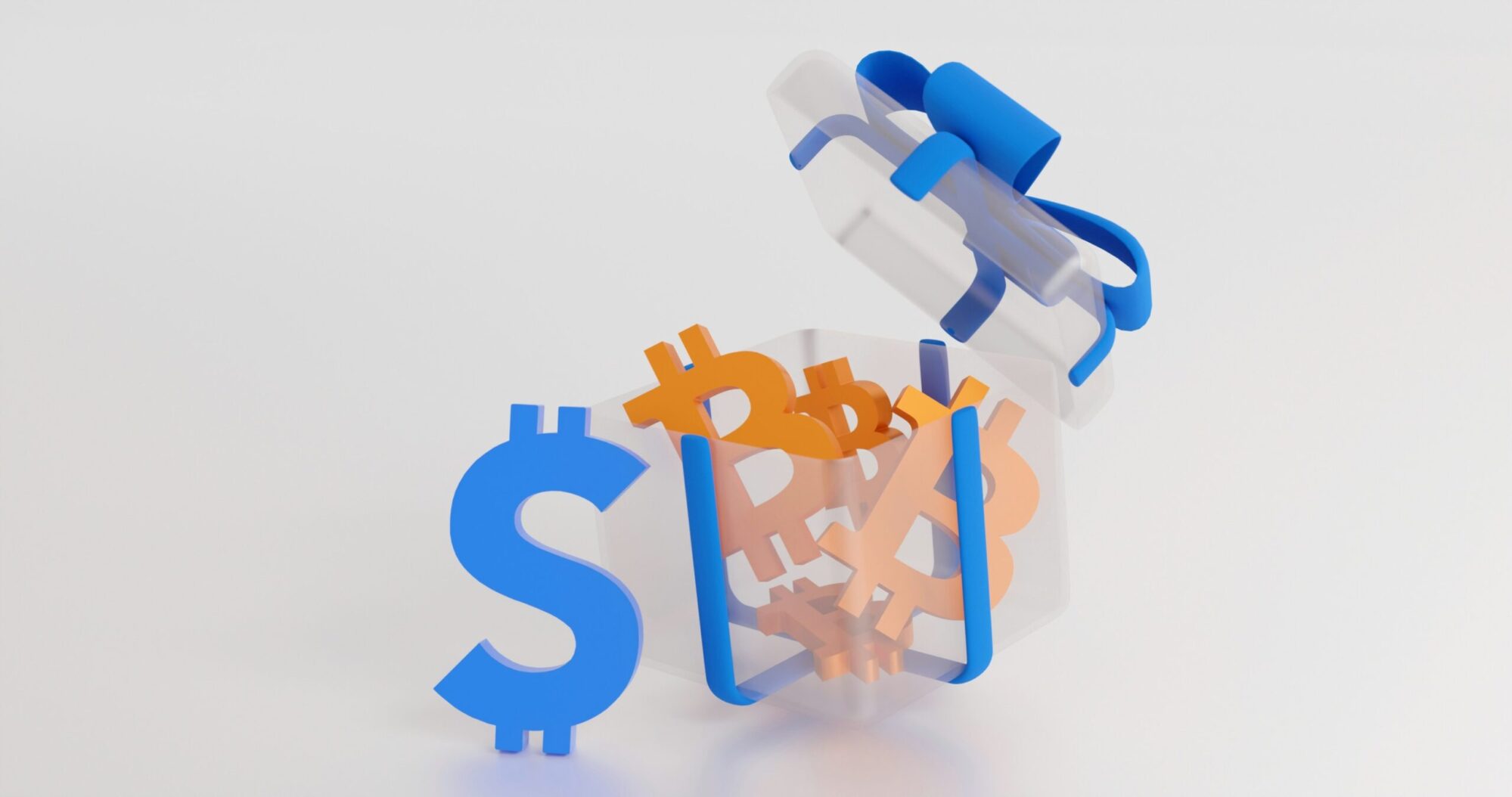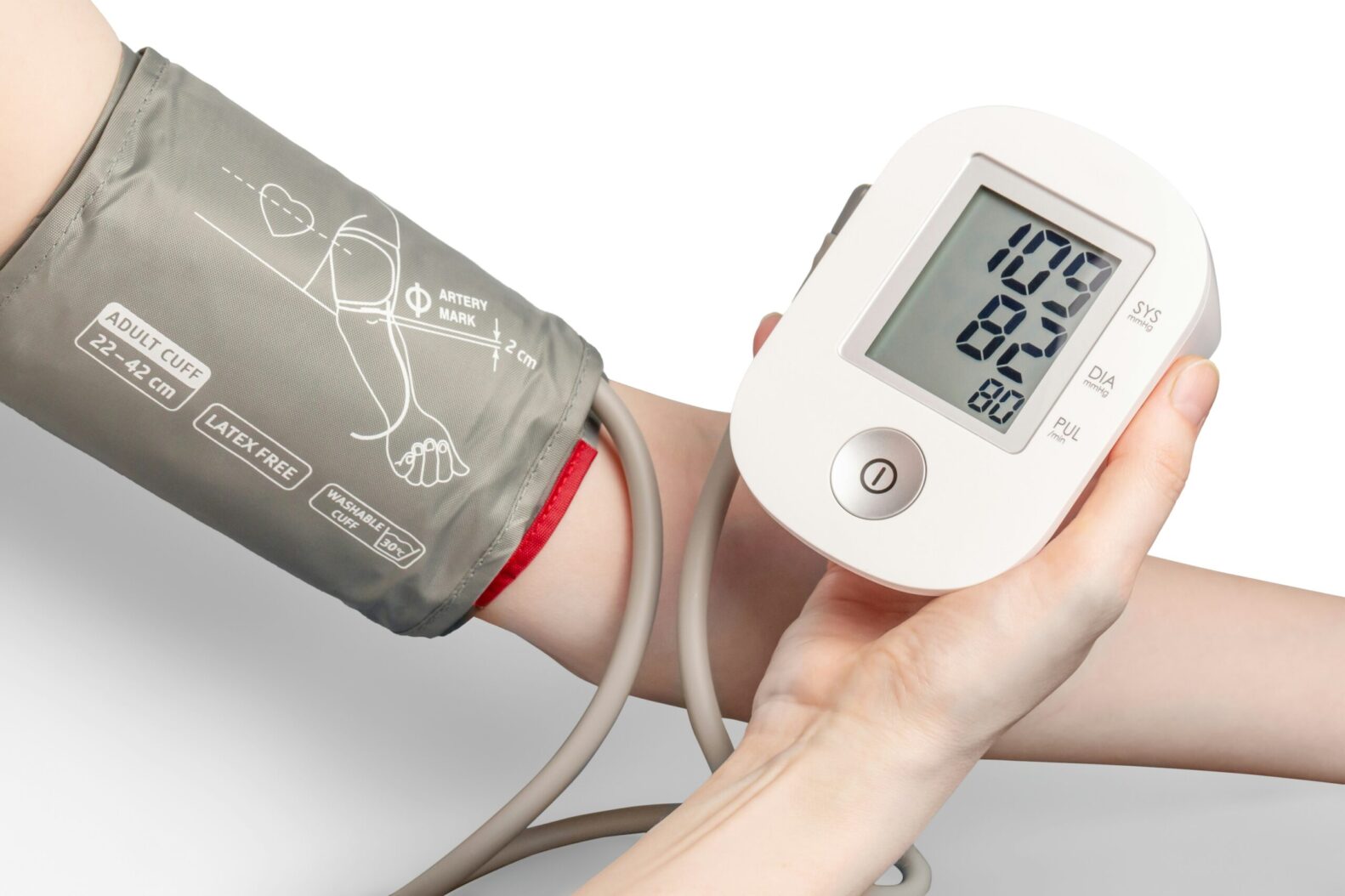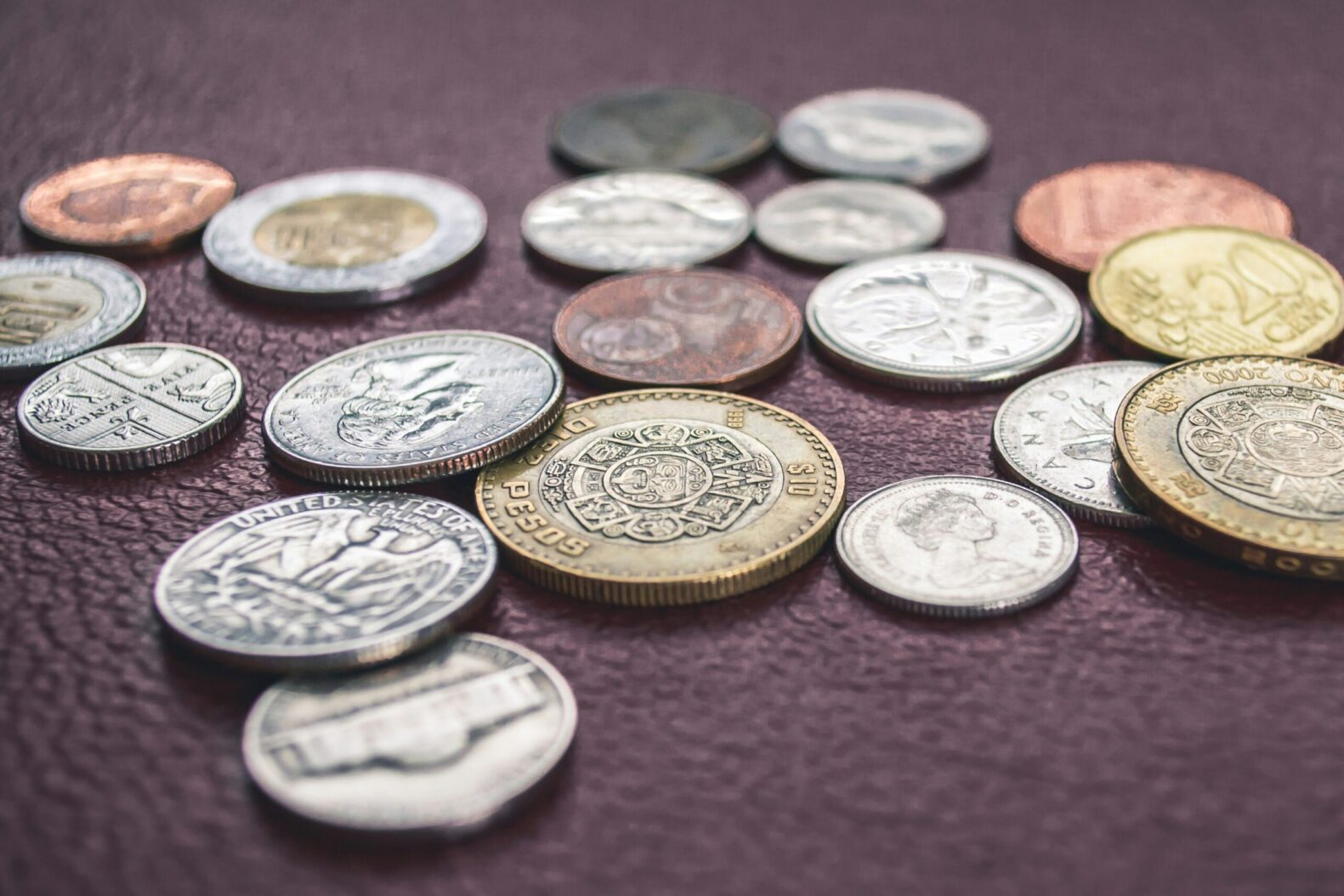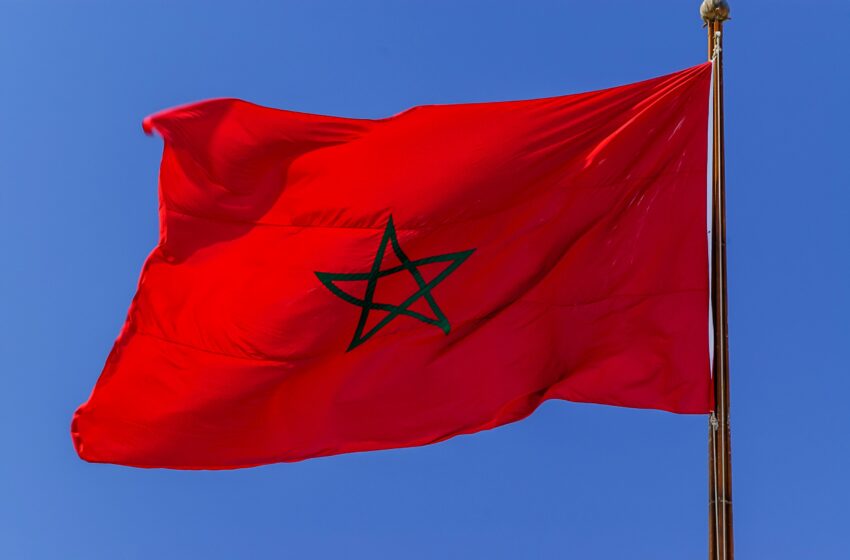
Morocco’s Economy, A Deep Dive into Growth and Reform Initiatives
Morocco’s economy has exhibited robust performance in the past year, driven by a resurgence in domestic demand and exports. According to the International Monetary Fund (IMF), the country’s GDP is expected to grow by approximately 3.1% in 2023, a significant uptick from the previous year’s 0.8%. The IMF foresees a positive trajectory for Morocco’s medium-term growth, anticipating a further acceleration to around 3.5%. Strengthened investment activities, among other factors, underpin this economic resilience.
A $1.3 billion IMF package supports Morocco and focuses on climate resilience and decarbonization opportunities. Structural reforms targeting unemployment, healthcare, education, fiscal consolidation, and renewable energy adoption showcase the nation’s commitment to inclusive growth. As Morocco navigates economic challenges, it emerges as a beacon for sustainable development and investment.
Factors Driving Growth
The IMF’s positive outlook attributes Morocco’s economic resilience to multiple factors, including a rebound in domestic demand and exports. Stronger domestic demand, in particular, is expected to contribute to widening the current account deficit, reaching approximately 3% of the gross domestic product (GDP). Furthermore, the IMF anticipates a gradual decrease in inflation as pressures on commodity and food prices ease.
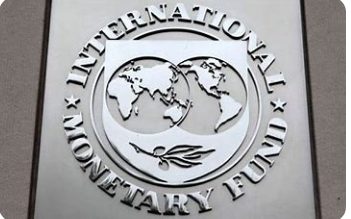
IMF Support and Economic Reforms
In response to the challenges posed by a devastating earthquake in September 2022, the IMF approved a $1.3 billion package for Morocco. The 18-month arrangement aims to assist the country in addressing climate vulnerabilities, enhancing resilience against climate change, and leveraging opportunities from decarbonization. This financial support aligns with Morocco’s broader strategy to attract investments and spur economic growth.
Structural Reforms for Inclusive Growth
The IMF stresses the importance of accelerating structural reforms to foster inclusive growth in Morocco. Addressing unemployment and improving active labour market policies are crucial for short-term job creation. Reforms to the unemployment insurance scheme and enhancements to active labour market policies are recommended. Additionally, there is a call for initiatives to improve the historically low participation of women in the workforce.
Healthcare and Education Reforms
Beyond short-term measures, Morocco is urged to focus on long-term reforms, especially in healthcare and education. Reforms in these sectors are expected to enhance access and quality of services and contribute to capital accumulation. The ongoing social protection and health sector reform program, initiated in 2020, aims to extend healthcare coverage and improve the efficiency of social safety nets.
Liberalizing the Electricity Market and Renewable Energy Transition
The IMF acknowledges Morocco’s progress in liberalizing the electricity market, encouraging a seamless transition to renewable energy. The IMF sees the liberalization of the electricity market as a catalyst for embracing renewable energy sources, aligning with global sustainability goals.
Fiscal Consolidation and Tax Reforms
While recognizing the gradual fiscal deficit reduction over the next three years as appropriate, the IMF suggests accelerating fiscal consolidation in the medium term. This necessitates the completion of tax system reforms, including VAT adjustments, improvements in tax administration, rationalizing spending (including state-owned enterprises), and expanding the Unified Social Registry for all social programs.
Structural Reforms and Private Investment
Morocco’s initiatives in structural reforms, particularly related to state-owned enterprises, are expected to stimulate private investment. The IMF underscores the importance of further efforts to combat corruption and address anticompetitive practices, fostering an environment conducive to private sector growth.
In Conclusion, Morocco’s economic journey reflects resilience and adaptability, with growth projections signalling a positive trajectory. The strategic measures undertaken, supported by IMF assistance, position Morocco as a sustainable and inclusive economic development destination. The commitment to structural reforms and a focus on healthcare, education, and renewable energy reinforces Morocco’s resolve to navigate challenges and embrace opportunities for a prosperous future.




